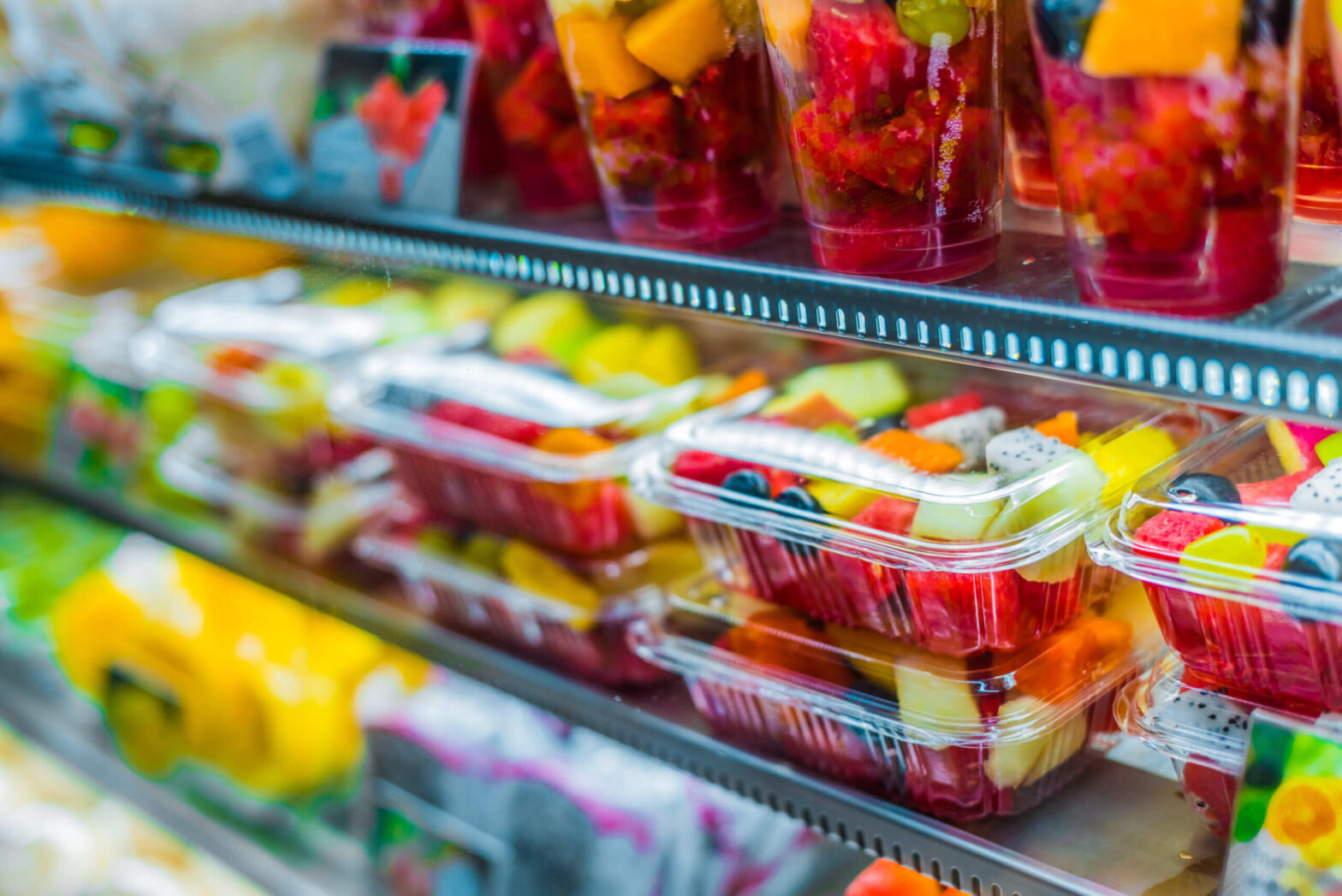Warning: Plastic can endanger your health
Plastic is omnipresent today and puts an enormous strain on the earth´s ecosystem. This is common knowledge. Yet little is heard about the health risks posed by plastics. The chemicals they contain can trigger a wide range of illnesses.
Most plastics are made from crude oil and natural gas. Added chemicals, i.e., additives give the material specific properties. Plasticisers such as phthalates or toxic flame retardants made of bromine or bisphenol-A, which can be found in plastic tableware, or on the inner coating of cans, are particularly harmful.
Such substances can damage the nervous system or influence hormones. They are also suspected of impairing metabolism and promoting obesity, thyroid problems, diabetes, infertility or cancer.
Around 40 percent of the plastics produced worldwide are used for food packaging. Toxic substances can migrate from this packaging into food.
Disclosing the problem
The health consequences of the migration of toxic substances into food must be researched in depth. This requires knowledge of the chemicals contained in packaging materials. However, the plastics industry often keeps formulas of materials under lock and key.
The Swiss independent, science-based experts on food contact chemicals, the Food Packaging Forum has created transparency with its new Food Contact Chemicals database (FCCdb) published in 2020, which lists more than 12,000 chemicals found in food packaging on the basis of 50 governmental and industry sources. They found that 29 percent of these substances lack openly accessible toxic data. Following a review of all substances, 608 food contact chemicals are considered as the most hazardous for humans, animals and nature.
The plastics industry is supposed to provide such data, but it refuses to do so on a voluntary basis. That is why OceanCare is committed to imposing a mandatory declaration and is campaigning for a ban on particularly hazardous chemicals used in the production of plastics.
Protect your own health
Thus, avoiding single-use plastics is important, not only to prevent littering the planet put particularly also to prevent depleting resources. As long as the plastics industry endangers our health and until legislative steps are taken, we must protect ourselves from the risks its products pose to us. Admittedly: Avoiding plastics in our daily life is a challenge and won’t resolve the problem unless the production of virgin plastic is being curbed, but every step helps. You can find ways to avoid single-use plastic highlighted in our tips.
In times of overabundance and overconsumption, it is crucial to consider what you really need and in which areas you can make a difference by avoiding plastics.
Plastic as protection against viruses? Not a chance!
The Zero-Waste movement was just taking off when the Coronavirus turned the world upside down. The plastic industry skillfully exploited the initial uncertainty about the transmission of viruses through surface contact, and promoted single-use plastic as a particularly hygienic material.
But is that really the case? No, argue both OceanCare and the Food Packaging Forum, because laboratory tests have shown that viruses survive longer on plastic than on glass or metal, for example. In addition to the type of material, the hygiene standard of those who touch it is also decisive. Reusable containers are safe if they are cleaned regularly with soap or alcohol. If they are made of glass or metal, they also do not release chemicals into the food they contain.
Avoiding plastics is particularly important during the pandemic for another reason: with the gigantic consumption of disposable masks, the plastic crisis is coming to a head worldwide.
